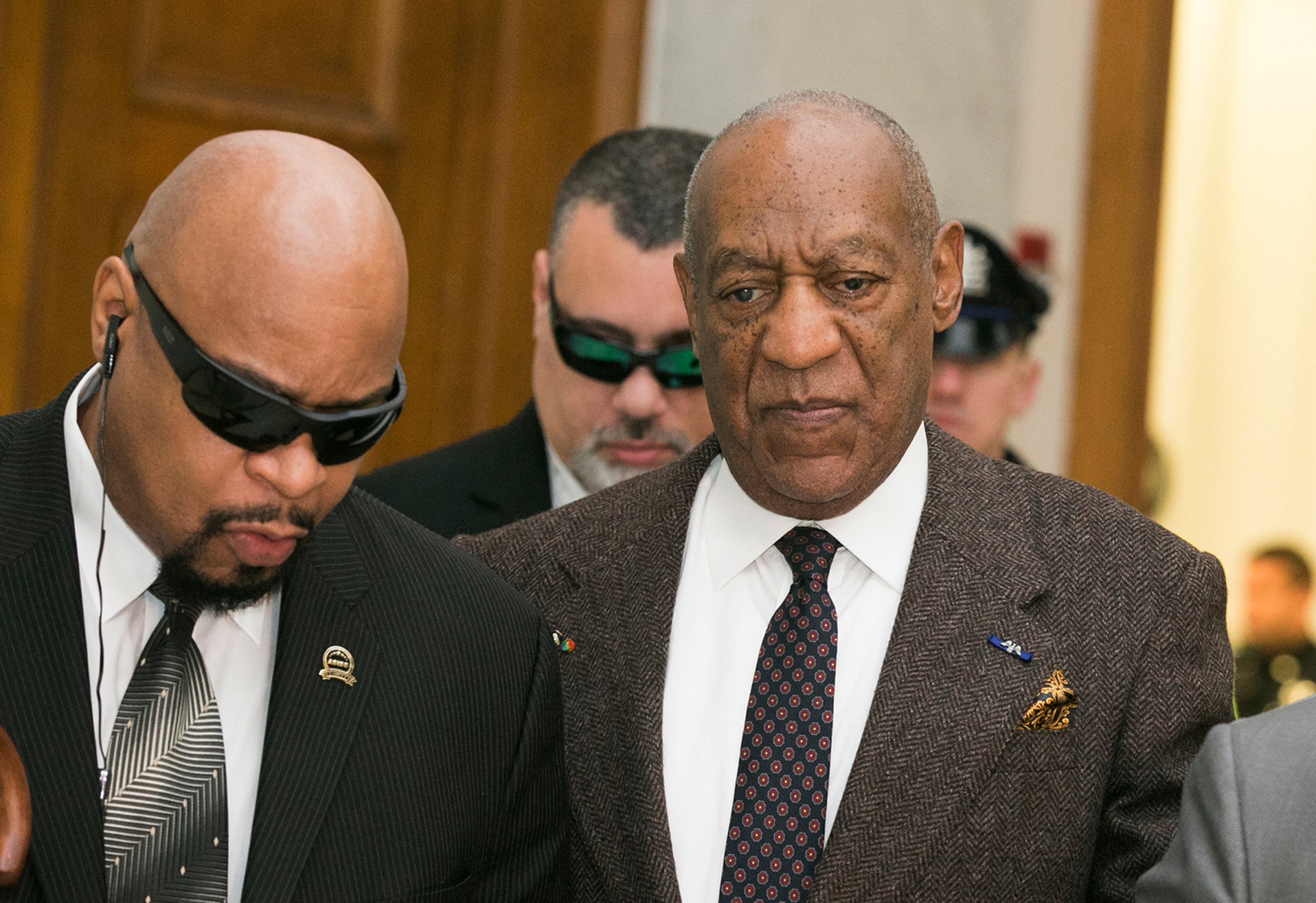
On May 20, 1990, during the peak of Bill Cosby’s popularity as “America’s Dad,” the actor gave University of Notre Dame’s commencement speech and received an honorary degree. Today, despite more than 50 accusations of sexual assault against Cosby, the university has not rescinded the honor. In light of these accusations and Notre Dame’s own problems with sexual assault—15 rapes reportedly happened in 2014—it should.
Last fall, on a Friday afternoon before a home football game, the Notre Dame administration released a statement saying it did not intend to revoke the degree, citing a lack of precedent. Yet 26 of the about 60 institutions that awarded Cosby an honorary degree have now revoked them, and others yet are moving to do so as well. Instead of joining this movement, Notre Dame has punted.
A strong student response to Cosby’s Notre Dame degree began in January with an op-ed we wrote in The Observer, Notre Dame’s student newspaper. Few current students knew that a degree had been bestowed in the first place, let alone that the administration had decided to keep the degree without consulting student groups first.
Following our op-ed, we helped craft a student newspaper staff editorial and a student senate resolution urging the administration to both clarify the honorary degree selection process and rescind Cosby’s degree. The resolution passed March 23 with no students voting “no,” and the faculty senate is now considering a similar resolution.
Notre Dame degrees, even those given for accomplishments outside the classroom, confer both privileges and responsibilities. Graduates are told as much when their degrees are conferred. Whether Cosby eventually receives a conviction is immaterial. In sworn testimony, Cosby admitted to giving quaaludes to women he wanted to have sex with. In doing so he flouted and disgraced the standards upon which Notre Dame’s mission is built.
As a Catholic university, Notre Dame should hold its award recipients—who then become part of the Fighting Irish community—to a high moral standard. Catholic universities Fordham and Marquette have moved to rescind the degrees they previously gave to Cosby, citing incompatibility with their Catholic values. We are left to wonder why Notre Dame’s Catholic morals are consistent with keeping Cosby’s degree when other Catholic institutions are not.
But perhaps the most compelling argument for rescinding Cosby’s Notre Dame degree is the message that it sends to survivors of sexual assault on campus. In the university’s statement, a spokesman said that the university was recommitting “to doing all we can to prevent sexual assault” and decrying the “the pervasive silence” that lets offenders escape responsibility. But it’s not clear how keeping Bill Cosby’s honorary award and the corresponding honors does not contribute to the “pervasive silence” the university is trying to end.
We spoke with several sexual-assault survivors on campus, who asked to be anonymous for fear of retaliation, about the university’s decision. One said she felt that Notre Dame’s lack of action “signals something that the Catholic Church has struggled with for a long time: Though they don’t condone sexual violence, they have little to no interest in punishing the perpetrator, or rectifying the situation.” Another said it makes her feel “sick.” She added: “It is so difficult to heal from something as traumatizing as rape and regain my sense of worth while my own university’s actions demonstrate that to them, I am worth nothing.”
With campus sexual-assault prevention, it is hard to do the big things right when you won’t do the easy ones. The small action of rescinding Cosby’s degree would be an entry point for larger conversations about the way Notre Dame handles accusations of sexual assault, and perhaps a sign that, in an age of greater accountability for those in the public eye, the honorary degree has become more trouble than it is worth.
Statement from Notre Dame University:
Notre Dame weighed carefully the information in the public record on Bill Cosby before he was accorded the honor 25 years ago. Had the allegations surfaced then that have been made since, Notre Dame wouldn’t have considered awarding the degree. Nonetheless, it’s not the practice of the university to rescind an honorary degree previously awarded to individuals for achievements recognized at those times and, in the absence of criteria applicable retroactively to all, we have no plans to do so now in his case alone.
However, the question spotlights the insidiousness of sexual assault and the pervasive silence that has often allowed offenders to escape responsibility, and we recommit ourselves to doing all we can to prevent sexual assault. We encourage and support our students and others to report sexual assault and remind them that a person incapacitated — whether by alcohol, drugs or otherwise — is incapable of giving consent to sexual activity.
More Must-Reads from TIME
- Donald Trump Is TIME's 2024 Person of the Year
- Why We Chose Trump as Person of the Year
- Is Intermittent Fasting Good or Bad for You?
- The 100 Must-Read Books of 2024
- The 20 Best Christmas TV Episodes
- Column: If Optimism Feels Ridiculous Now, Try Hope
- The Future of Climate Action Is Trade Policy
- Merle Bombardieri Is Helping People Make the Baby Decision
Contact us at letters@time.com